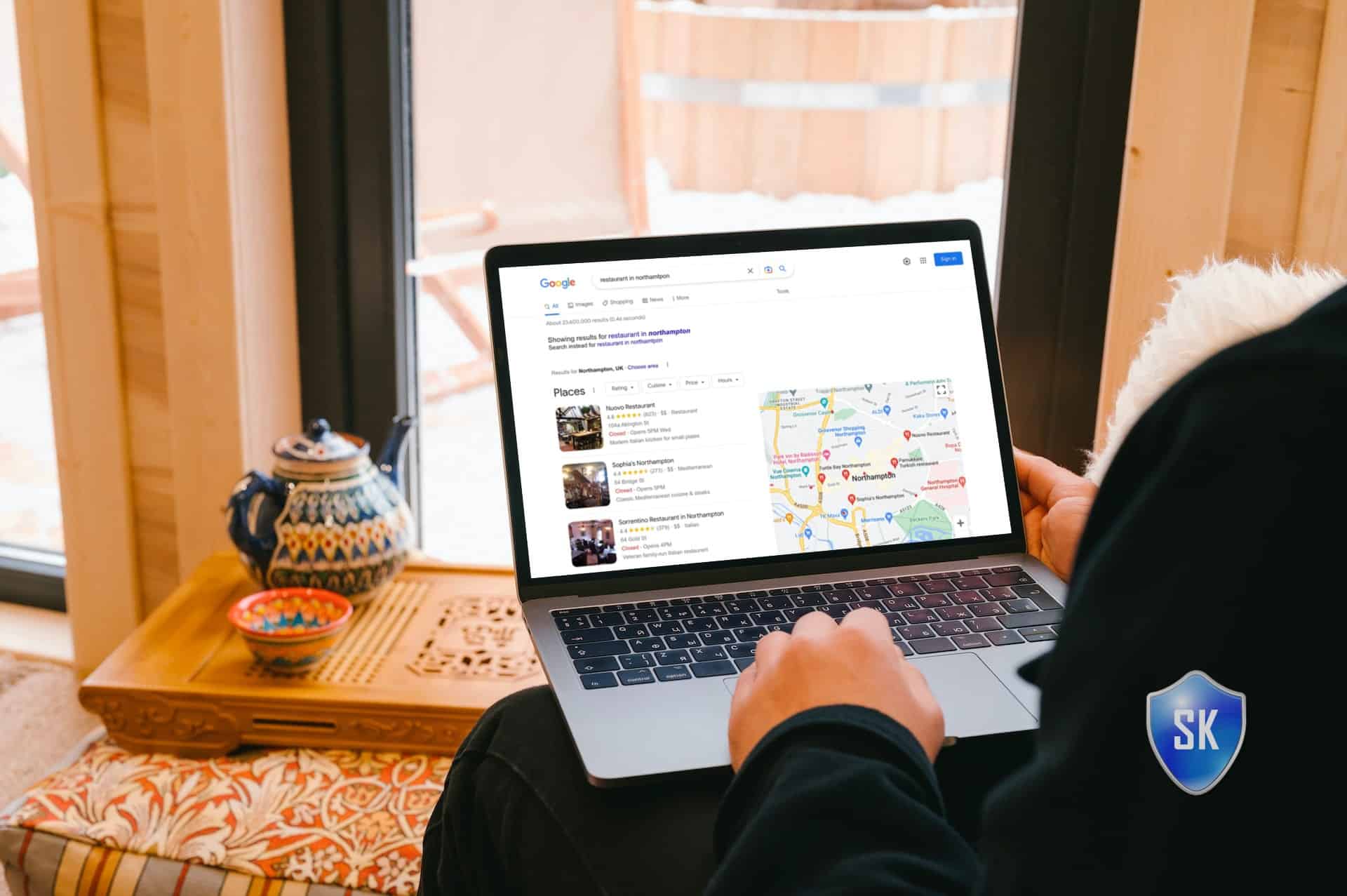If you’re a website owner or blog writer, it’s important to understand all the different aspects of SEO so that your traffic and search engine rankings can be improved.
With a better understanding of Search Engine Optimisation (SEO) techniques, you’ll be able to get more organic traffic and make sure your content is engaging for readers.
In this Guide, we are going to look at the three main types of SEO: On-page SEO, Off-page SEO, and Technical SEO. I will also briefly touch on local SEO and eCommerce SEO
We’ll look at how each type works so that you can optimise your website or blog for better visibility in Search.
What We Are Going To Cover
What is SEO and how does it work?
SEO is a process that helps a website rank higher in search engine results pages, resulting in more visibility and increased traffic.
If you’re just starting out with SEO, it can be overwhelming to learn all the different elements and processes that go into making your website visible on search engines.
Understanding how search engine optimisation (SEO) works is important to when it comes to optimising your website, blog posts and your user’s experience.
SEO helps you reach potential customers organically, without needing to buy advertising or having to learn how to use a pay-per-click campaign without losing your shirt.
SEO involves a series of strategies used to increase online visibility in search engine results, such as adding relevant keywords to blog posts and pages, optimizing images, and linking blog content to other websites.
SEO also relies on including optimisation elements like meta titles, meta descriptions and header tags in blog content.
Using SEO methods helps blog owners increase the chances of visitors finding their blog online and gives them the opportunity to bring in long-term organic traffic.
The Different Types Of SEO
Technical SEO
Unsurprisingly, Technical SEO involves optimising the technical elements of web-pages.
This includes page loading speeds, page structure, and the meta data associated with each page.
Some areas of focus are HTML coding, image optimisation, and using the proper tags for page titles, headings, and descriptions that inform robots how to crawl a website accurately.
It’s important to ensure all pages are properly indexed in order to receive organic traffic from Google.
Additionally, you need to ensure that your entire site is secure and well-structured in order to provide a good user experience.
By focusing on Technical SEO, you can increase visibility in SERPs (Search Engine Results Pages) as well as help users find what they’re looking for quicker.
On-Page SEO
On-page SEO is the process of optimising a website to rank higher in search engine results pages (SERPs) by using the content on the site itself.
On-page SEO includes keyword research, optimisation of titles, meta tags, the content, the page structure, URL structure as well as internal linking between pages and posts.
When done correctly, following these steps helps ensure your pages have the best chance of ranking higher in SERPs.
For a more in-depth explanation read my guide called How To Write On-Page SEO Friendly Content

Off-Page SEO
Off-page optimisation consists of activities done outside of an individual webpage but still helping with its visibility on search engines such as link building or social media marketing.
Link building involves getting other websites to link back to yours through things like guest posts, sponsored content, or even simply mentioning it in passing on another website’s blog post;
Google has said it doesn’t give a website’s link profile a heavier weight when they rank websites, but most people think they do.
If you have two websites with an equal footing in terms of age, content volume and quality and presentation etc. it seems odd the site with the better link profile wins.
You can read more about this at Google Search Central
Local SEO
Local SEO is the process of optimising a website to appear for searches within a geographic area.
This process involves making sure that your website content is optimised for specific keyword phrases that people in the local area are searching for.
It also means optimising your website for local search engines, so that it can show up in their results when users are looking for businesses near them.
For example, if a restaurant has the appropriate content, business details, address, phone number etc, on their website they would more likely show up when someone searches ‘restaurants near me’.

eCommerce SEO
Ecommerce SEO is a specialized form of SEO which focuses on optimizing product pages, category pages, blog posts and other elements related to eCommerce such as payment methods, customer service and shipping/returns policies.
This type of SEO requires a different approach than traditional SEO because it involves optimising for more specific types of queries and understanding the needs of online shoppers.
Content should be created which answers customer queries about your products or services, internal links should lead to more detailed product information.
By optimising all these elements properly, you can ensure that your website will rank higher in SERP’s when customers are searching for commercial products similar to yours.
The future of SEO and how to stay ahead of the curve
While SEO may be unpredictable at times, understanding how it works and how to apply the techniques can help your website perform well.
Keeping up with the latest trends and using some tools can help you reach more followers and increase engagement level, which is the whole purpose of any of this.
But never lose sight of the fact that it’s all about quality content, that matches the intent of the search that the user has entered.
People will always try to game the system, but after 15 years, I am yet to see anyone succeed long term by gaming the algorithm and avoiding the big traffic crashes each time there is an update.

I recommend spending some time at Google Search Central or check out their YouTube Channel for regular updates.
Final Thoughts
Search Engine Optimisation (SEO) is important for any website or blog hoping to gain better traction and higher rankings.
It’s an ongoing organic process of researching effective keywords, optimising individual web-pages using meta tags, titles, descriptions etc.,as well as off-page optimisation activities.
While learning SEO may seem intimidating at first glance due to its complexity, it doesn’t have to be!
With this beginner’s guide under your belt hopefully you now feel confident enough to begin incorporating some basic principles of SEO into your own website or blog today!


